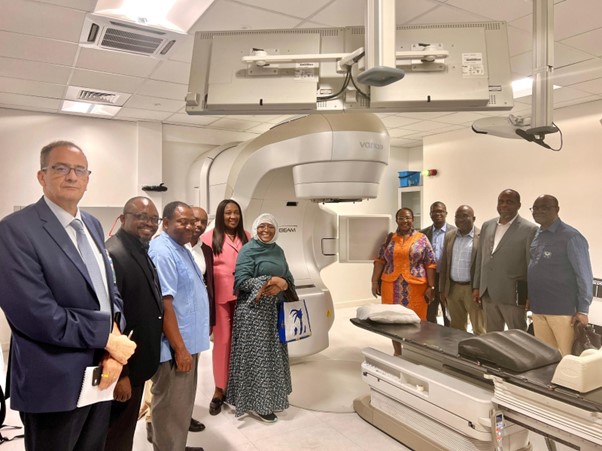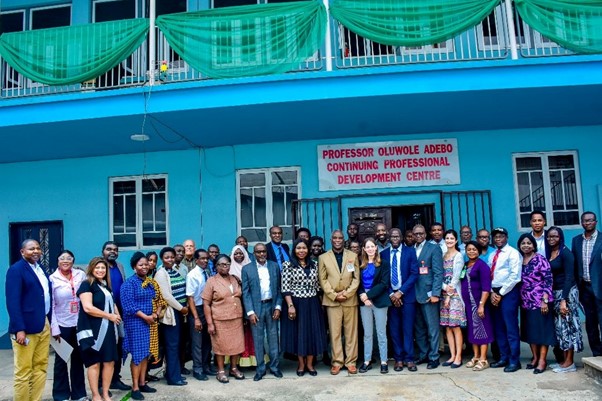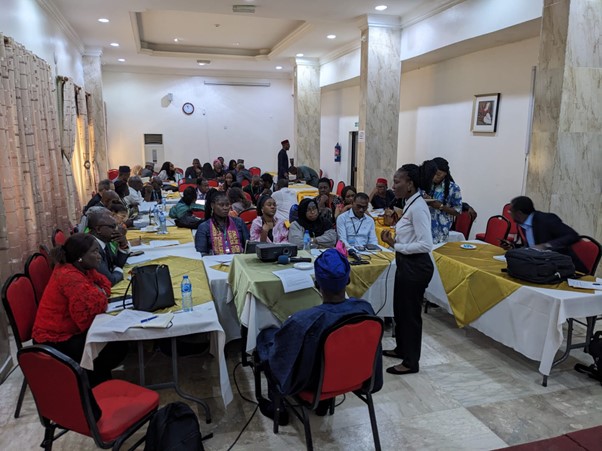Nigeria has advanced its national cancer control programme in the last decade and is making steady progress towards expanding care for millions of people, an international assessment has found. Nigeria is strengthening institutional response, increasing resource allocation and building its oncology workforce and services to tackle its cancer burden, according to the review.
The imPACT review, carried out by the IAEA, the World Health Organization (WHO) and the International Agency for Research on Cancer (IARC) upon request from the Nigerian Government, evaluated current health system readiness for cancer care and progress since a previous assessment in 2011.
With 220 million people, Nigeria has the largest population in Africa, densely spread across a country with a land mass of 900 000 square kilometres. However, the distribution of health services is uneven, concentrated around larger cities and not easily accessible for many Nigerians outside main urban centres. Noncommunicable diseases, including cancer, are a significant health problem; according to 2022 IARC figures, the number of new cancer cases in Nigeria is estimated at nearly 128 000 per year.









